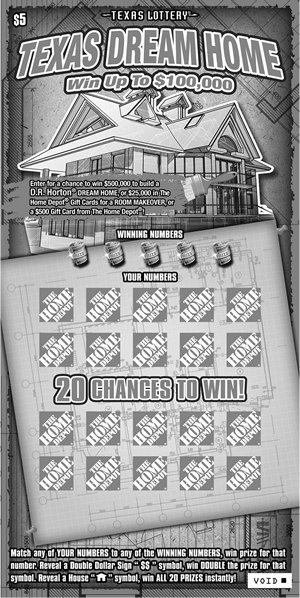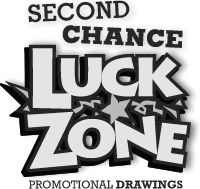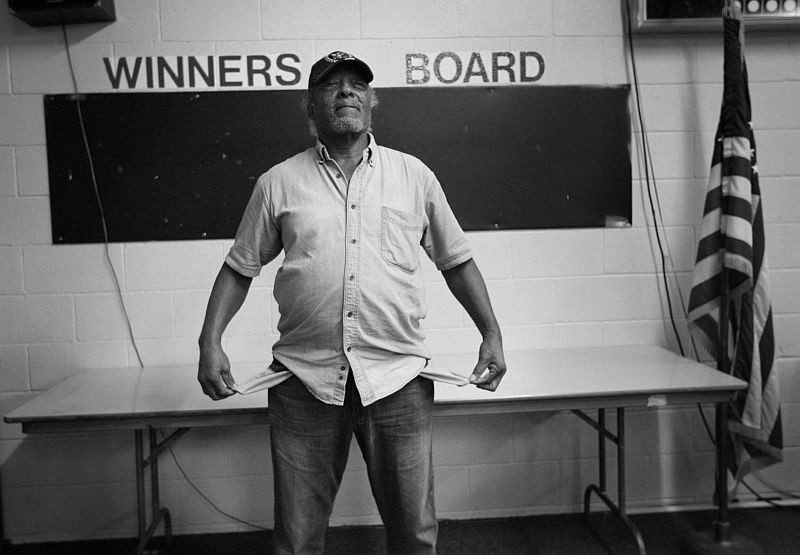Rattled, I walked down a steep sidewalk to the corner liquor store. The headline on the news rack out front covered the top half of the page. “242 dead in quake.”
It had been almost 15 hours since a 7.1 Richter scale earthquake rocked the peninsula and all its inhabitants back and forth and turned their insides all to mush. No matter how many times the San Francisco natives had been through tremors, nothing could prepare them for the massive jolt on Oct. 17, 1989. That night, people either hid inside huddling around candles waiting for electricity to return, or they crammed in a few bars that somehow had power and drank themselves steady. That’s why I was at the liquor store the next morning. To get steady. The power was still out, however, which meant no refrigeration, no ice.
I stood inside the store surveying the bottles and figuring how much of a cut in taste would result from a Tanqueray to Gordon’s downgrade, when a haggard old woman waddled through the door. She wore a charcoal cardigan, frayed on the sleeves and pocked with holes, and a beige skirt that hissed when she walked. Her head was wrapped haphazardly with a red scarf, but sprigs of stiff brown hair jetted from underneath and hung over her eyes like the bangs of an Old English Sheep Dog.
She collapsed her elbows on the counter and stared at the clerk for a moment, then nearly screamed in a raspy bark: “Is the Lotto up yet?”
 The lottery today is about as pungent a problem as narcotic addiction. In fact, it’s worse, since narcotics can strip you of your life quickly, degrade you to a slithering heap within no time, while the Lotto is more subtle, a slow killer.
The lottery today is about as pungent a problem as narcotic addiction. In fact, it’s worse, since narcotics can strip you of your life quickly, degrade you to a slithering heap within no time, while the Lotto is more subtle, a slow killer.
The lottery is a corrupt version of one of the great American traditions—the long shot. It’s corrupt in that our great leaders in state government have sold us out to the idea that, “You too can be a millionaire,” without giving the overwhelming majority of us anything in return.
What most people don’t think about is that there are no odds in it. Sure, you can win some of the lesser prizes, but never enough to cover what you’ve spent. In the gambling world, winners play. You’ve got to play to win. In the Lotto world, playing is losing. What loser would take 1 million to one odds or worse?
So why do people play? Probably to relieve the tension of their depressing lives, which formerly were driven by the pursuit of the American Dream. But the American Dream is being taken from their pocket each week, bit by bit, by the Lotto and replaced with a daydream.
These oppressors, those in power, know that there are two ways to appease the masses: let them numb themselves with drugs and alcohol, or let them numb themselves with false dreams. The lotto isn’t about a dream for a new home or to own a business. It isn’t about becoming a famous actress or a millionaire wildcatter. It’s a sham, a false outlet to make all problems go away, and it seems that everyone has fallen into it, accepted it without question. Everyone I ask about the Lotto says, “Oh it’s just fun, that’s all.” Poppy cock. Each one of them really is envisioning themselves watching the 10 o’clock news and realizing that their number has finally come up, for the good.
What really kills me is when people who don’t normally play are eventually suckered in by high jackpots. “I don’t usually play,” they say, “but who can resist since it’s up to $20 million.”
As if $5 million wouldn’t be enough. So each week people join the rank and file in their march to the convenience store to blow their money.
A man with a thick mustache mumbled off, “Texas Twister, and one of those silver ones, yeah,” to the convenience store clerk. The clerk hurriedly ripped off a couple of scratch-em cards and rushed to the register.
Before he could punch a button, however, the man pulled a crumpled bill from his pocket and rolled it across the counter. “Give me all this in quick pick.” He fidgeted, stuck his thumbs into his pockets and smudged oil across the denim.
The clerk stretched out the ball, a $20 bill, and went to the register again. The front door beeped and beeped with the entry of each customer, while a lengthy line continued to form behind the mumbling man.
At each beep the line would sigh or change positions. Some had 16-ounce six packs in their hands and could feel the weight of the plastic rings tugging against their fingers.
The clerk announced the sale, “That’ll be $22.”
The mustache moved again. “Yeah, OK, oh wait. Give me one of those cactus ones for good measure.”
Back to the oppressors. They know that by floating a daydream in the lottery no one will complain when they rat the days away in a rented house with an expired inspection sticker on a 1978 Ford LTD.
Horatio Alger may have made it big with nothing but elbow grease, ingenuity and a few breaks. But behold! You can make it with nothing more than a dollar and a weird combination of numbers based on birthdays. No matter how hard you toil in your life, no matter how much you despair, you’ve got the long shot crawling up over your shoulder and hissing in your ear and taunting you with bright eyes. The architects of American politics recently have taken this idea to heart. They realize that it’s necessary for the American way to survive.
You may be poor now, laboring the day away trying to get ahead. You may be sitting at home unemployed watching the paint peel. But tomorrow, you could be the “Next Lotto Millionaire.” And they’ve taken great care to nurture the idea that it’s all fantasy and fun. You play the “Texas Shoot Out,” the “Home Run Hits,” the “Five Card Draw,” all these little “scratch-em games” on shiny golden tickets. It’s just a game. Go ahead and play. SCRATCH SCRATCH SCRATCH.
And the media jump on it like it’s a party platter. We see Denny Corkon, once a janitor, now a multi-millionaire, but one who swears the winnings won’t change him too much. We see Clarissa Wilson, who spends a good portion of her winnings to buy all her relatives new houses. Glory be! Look how much good she’s done.
But watch out, the papers report that Corkon has changed. He’s lost all his friends, turned to booze and is actually bankrupt! How can it be? But that’s OK, because that’s Corkon, and he’s there as a cautionary tale. It’s not just anyone who deserves to win the lottery. You for crimony. You deserve to win. You’d play it different. You’d be smart with your money. You wouldn’t change. Things would just be a bit easier in life.

In the olden days of America it was quite different. You gambled on hope, but often with your life. You went to sea. You went to the Yukon to pan the days away. You went west to an inhospitable land with the hope of staking a piece of it and ridding yourself of the tyranny, whether that tyranny be that of government, a ruthless employer or simply the boredom of calculated, predictable living. Frontiers are still there, but why bother staking them out when their illusion is wavering in front of you above a sign that says, “Hot Dogs, 2 for 99 cents.”
It’s all a mirage. That’s what Los Vegas is all about–a vast oasis in the desert that draws Americans from Ohio and Kentucky and Michigan by the hordes. They come dressed to kill in their polyester stretch pants and white shoes and get taken to the laundry.
But at least the Vegas architects have taken great care to make losing your money fun. Who can take money seriously among castles and pyramids, albino tigers and dolphins, a sea of bulbs blinking like fields of electric poppies?
When you lose your shirt in Vegas, you usually do it quick, in a dizzy array of dazzle. It’s like getting robbed by a beautiful girl that feeds your face with free drinks and prime rib while she rummages your pockets.
The lotto is like having a 13-year-old kid who pilfers a couple of bills from your wallet each night while you’re passed out drunk with crime drama on the tube.
And the lotto is selective about who it taxes. Like the sales tax, it is regressive, since it takes a higher proportion of your money the poorer you are. Not only that, but it tempts you to pay more the poorer you are. The richer you are, the least likely you’re going to chase the tail, and you’ll probably only lay down a buck.
Forget about all the reasons why the government is ripping us off. Being a pseudo Libertarian, I guess what really bothers me is that the government’s got the monopoly on the deal. For instance, no one can legally start a Boerne lotto.
Why not allow “numbers rackets?” Think. If 2,000 Boerne tickets were sold each week at $2 a pop, you’d have a 1 in 2,000 chance of pocketing about $3,000 (after a cut went to the operator and a charity).
Those are odds I might be able to live with.
Originally published August 23, 1996 in the Boerne Star
